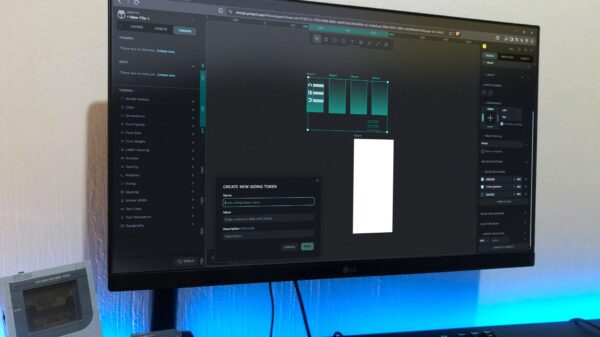UPDATE: The demand for Virtual Private Servers (VPS) is surging as tech enthusiasts recognize their critical role in modern home labs. With the rising complexities of home networking, experts urge users to consider a VPS for enhanced security and functionality, especially for remote access and experimentation.
As home lab setups become more sophisticated, the need for reliable remote access has never been more urgent. A VPS allows users to bypass common residential connection issues such as CGNAT and port forwarding limitations. This shift is especially crucial for anyone looking to maintain seamless access to their home network from anywhere, without the hassles of traditional setups.
Users are discovering that VPS solutions not only streamline their operations but also safeguard their home networks from potential security threats. By hosting services on a VPS, individuals can avoid exposing their personal devices to risks associated with open ports, which have become increasingly vulnerable to automated malware attacks.
In addition, VPS platforms often provide stable hardware that eliminates the stress of managing physical devices. With a VPS, users benefit from consistent uptime, power reliability, and the freedom to engage in extensive experimentation without worrying about the repercussions of hardware failures. The flexibility of being able to wipe and rebuild environments fosters a learning atmosphere, allowing tech enthusiasts to explore various Linux distributions without the fear of damaging their primary setup.
Moreover, VPS services are proving invaluable for those who have previously struggled with home networking complexities. The ability to use a VPS as a remote access point via tools like Tailscale or as an ingress point for a reverse proxy enhances both security and efficiency. This geographic diversity adds an extra layer of privacy, making it harder for online threats to pinpoint a user’s actual location.
With costs significantly lower than traditional ISP static IP solutions, VPS options are becoming the go-to for those needing public static IP addresses. Many find that the expense of upgrading to a business plan for static IPs through their current ISPs is exorbitant compared to the annual fees for a VPS. This financial benefit is particularly appealing in an economic climate where efficiency is key.
Experts highlight that the VPS model offers a unique blend of self-hosting benefits without the associated burdens of physical hardware management. By removing the complexities of home-hosted servers, users can focus on what truly matters: innovating and experimenting in their labs without compromising security or incurring additional costs.
As more individuals recognize the critical advantages of VPS solutions, it’s evident that this technology is reshaping the landscape of home networking. Now is the time to explore the possibilities a VPS can offer, whether for personal projects, professional needs, or simply for the joy of experimentation.
What’s Next: Users are encouraged to evaluate VPS providers to find one that meets their specific needs. By leveraging this technology, they can ensure their home labs are not only functional but also secure and efficient. The shift to VPS is more than just a trend; it’s a vital evolution in the way we manage home networks today.








































































